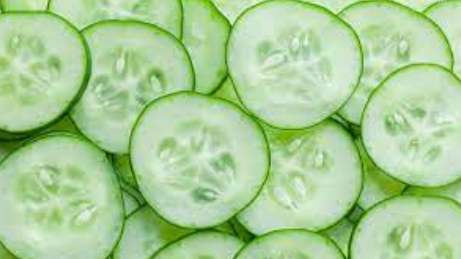Are you trying to eat fewer carbohydrates? If so, you might be curious about which fruits you can still enjoy. Luckily, there are many tasty and healthy fruits that are low in carbs. In this article, we’re going over 10 fantastic low-carb fruits you should consider adding to your diet.
From juicy berries and refreshing melons to zesty citrus and tender stone fruits, there’s a variety of low-carb fruits that cater to different preferences. These fruits are not just low in carbs but are also rich in essential vitamins and minerals. They help you stay full and content. Plus, they’re an excellent way to sweeten up your diet naturally, without extra sugar.
Table of Contents
Discover the Top 10 Low-Carb Fruits for a Healthier Diet
Next, we’ll explore each of the 10 low-carb fruits in detail and give you some ideas on how to include them in your diet. Whether you’re devoted to a low-carb lifestyle or just want to eat better, you’re going to love trying these fruits.
1. Watermelon
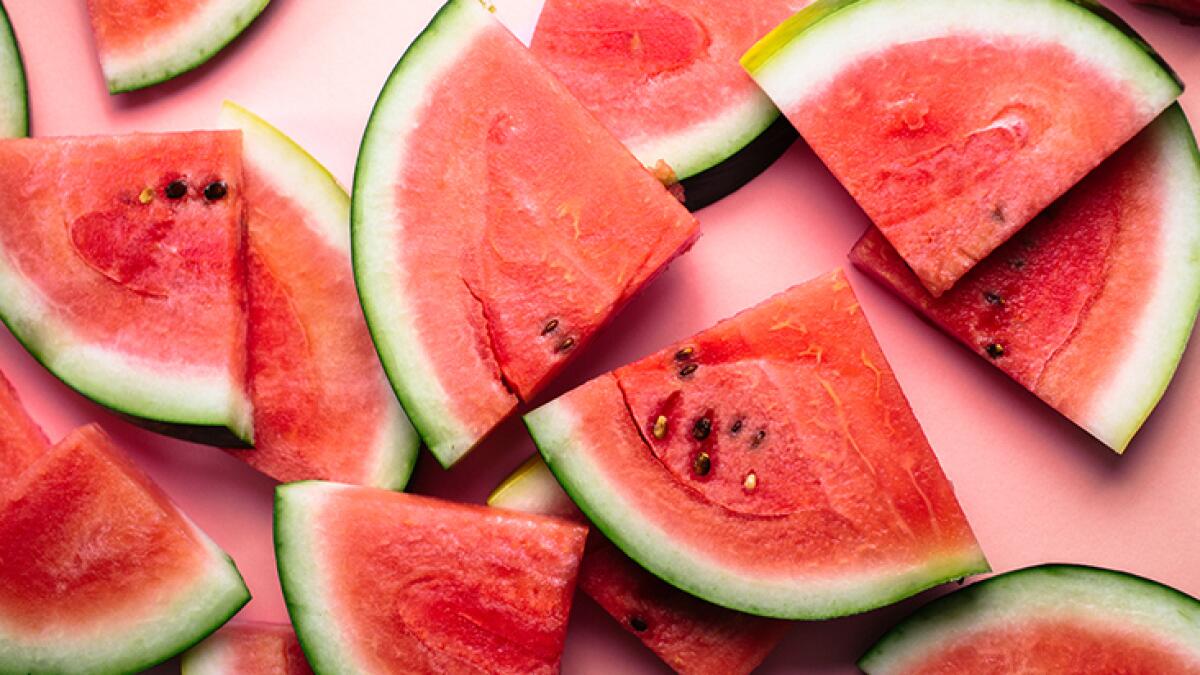
Watermelon is not only a wonderfully sweet and hydrating choice, but it’s also low in carbohydrates. It’s full of important nutrients like vitamins A, C, B6, potassium, and magnesium. It also has lycopene, an antioxidant that is good for your health.
Watermelon is perfect for cutting back on calories and carbs; you get about 46 calories and 11 grams of carbs in one cup of diced watermelon.
There are several fun ways to enjoy watermelon. You can eat it on its own, toss it into salads, or make a refreshing smoothie. It’s also great in summery beverages and desserts. Watermelon can be part of savory dishes too, like a grilled watermelon and feta cheese combo.
2. Oranges
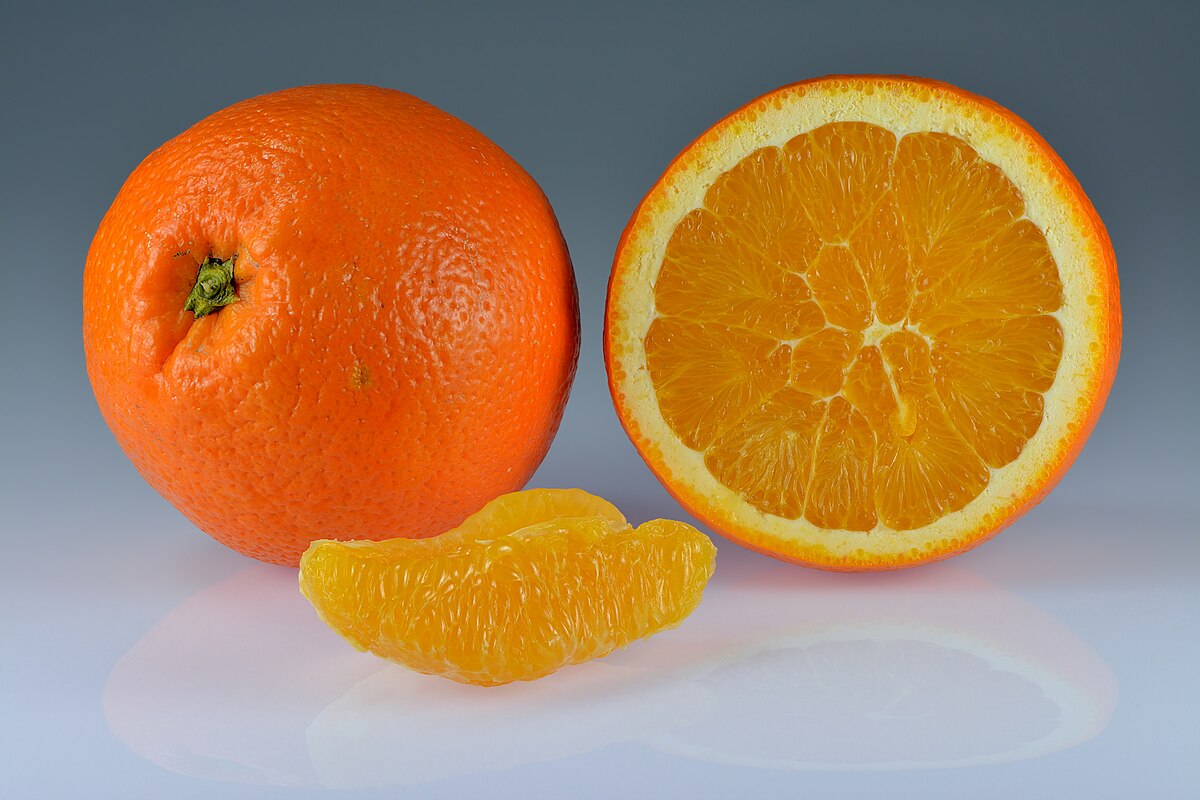
Oranges, bright and citrusy, are loved for their combination of sweet and slightly tart flavors. They’re packed with vitamin C, vitamin A, fiber, and more. Plus, they’re low in calories and carbohydrates – a great fit for those on a low-carb plan.
A medium orange has about 62 calories and 15 grams of carbohydrates. With 3 grams of fiber in each orange, they help you feel full, which is helpful for sticking to a low-carb eating plan.
Oranges are versatile and can be enjoyed fresh, in fruit salads, as juice, and even in baked goods or cooked dishes where the citrus taste can really shine through.
3. Raspberries

Raspberries are sweet, slightly tart, and have a wonderfully soft texture. They are abundant in essential nutrients like vitamin C, vitamin K, manganese, and others. With low calories and carbs, they’re perfect for those looking to lessen their carb intake.
With only 64 calories and 14 grams of carbs per cup, raspberries are a superb snack for low-carb dieters. They contain 8 grams of fiber per cup to help you stay satisfied and on track with your diet.
Raspberries are delicious whether eaten by themselves, added to salads, thrown into smoothies, or used in baked goods and savory recipes for an added touch of sweetness.
4. Pineapple

Pineapple, a tropical favorite, stands out for its juicy sweet and tangy flavor. This fruit is a fantastic source of vitamins C and B6, along with manganese and other nutrients. It’s also relatively low in calories and carbs, which is great for those reducing carb consumption.
Pineapple has 82 calories and 21 grams of carbohydrates per cup. With 2 grams of fiber per serving, pineapple can help you feel content, aiding your low-carb eating habits.
Pineapple is quite adaptable. Savor it on its own, mix it into salads, blend it into smoothies, or include it in baked goods. It brings a unique sweet-and-sour kick to a variety of recipes.
5. Plums

Plums are a sweet and juicy stone fruit known for their appealing flavor. They offer a good amount of vitamins C and A, fiber, and other beneficial nutrients. With low calorie and carb content, plums are ideal for those watching their carbohydrate intake.
Average plums come with just 30 calories and 8 grams of carbs each, which makes them an excellent snack for anyone on a low-carb diet. They also provide 1 gram of fiber which canof how quickly foods containing carbohydrates cause an increase in blood sugar levels. Opting for fruits with a low glycemic index is advantageous because they are digested at a slower pace, providing a gradual release of sugars into the bloodstream and reducing the potential for spikes in blood sugar levels.
Fruits like berries, cherries, and apples have a lower GI and can be excellent options for maintaining steady blood sugar levels as part of a low-carb diet. By focusing on these fruits, you can enjoy the sweet flavors and nutritional benefits without consuming too much sugar and carbs.
Remember, while fruits can be a delicious and healthy addition to your diet, it’s important to balance fruit intake with other nutrient-dense foods to ensure you’re meeting all your dietary needs without exceeding your carbohydrate limits.
When you’re on a low-carb diet, it’s good to know how different foods affect your blood sugar. Some fruits, like oranges, apples, grapefruits, and strawberries, have a low Glycemic Index (GI). That means they don’t make your blood sugar go up too much.
Pick fruits loaded with nutrients:
It’s always a good idea to choose fruits full of nutrients. Berries like blueberries, blackberries, and even apricots are amazing because they have lots of vitamins, minerals, and things called antioxidants.
Try to eat organic fruits:
Fruits that are organic are grown without pesticides and other chemicals. This can make them a better choice for your health.
Stay away from processed fruit products:
Processed fruit items like canned fruits, jams, and jellies often have extra sugars and stuff that’s not good for you. Whenever you can, go for fresh fruits instead.
Conclusion
If you want to find fruits that don’t have many carbs for your diet, there are 10 good ones to start with. They’re not just low in carbs; they also have lots of important vitamins and minerals for a healthy body.
Whether your goal is to lose weight, keep your blood sugar stable, or just improve your health, eating these low-carb fruits can help. Why not try them out and see how they can be a part of a healthy, low-carb lifestyle?
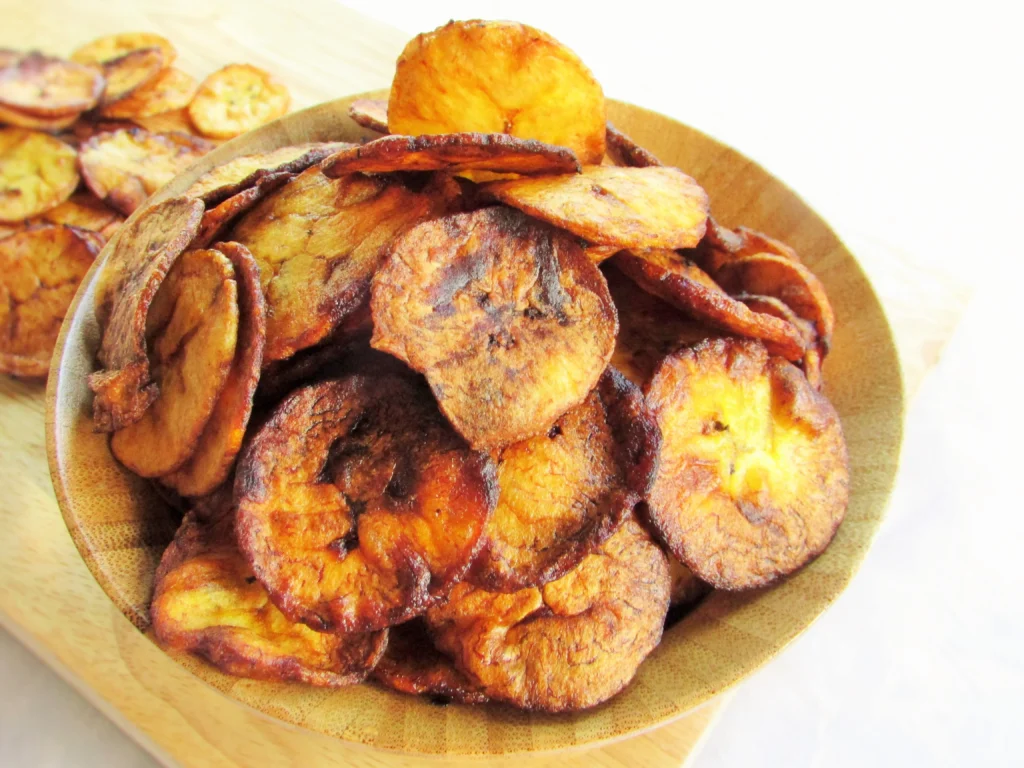
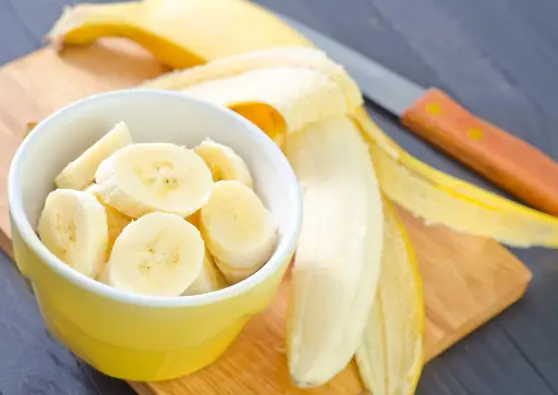
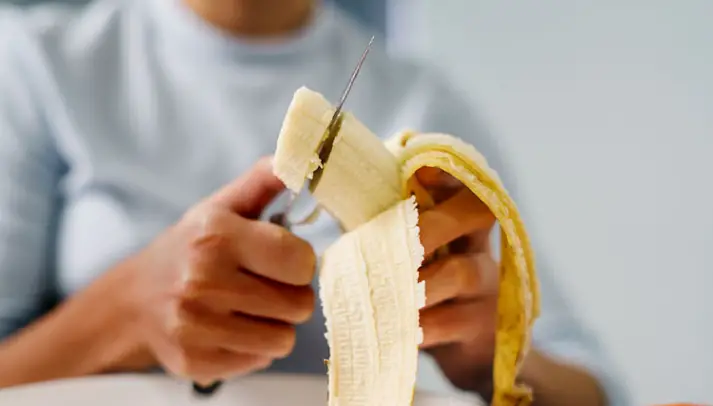
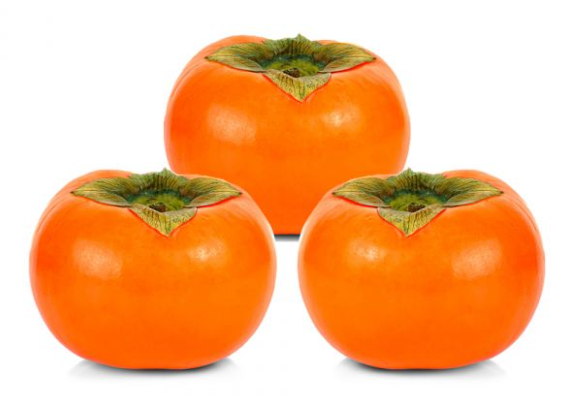

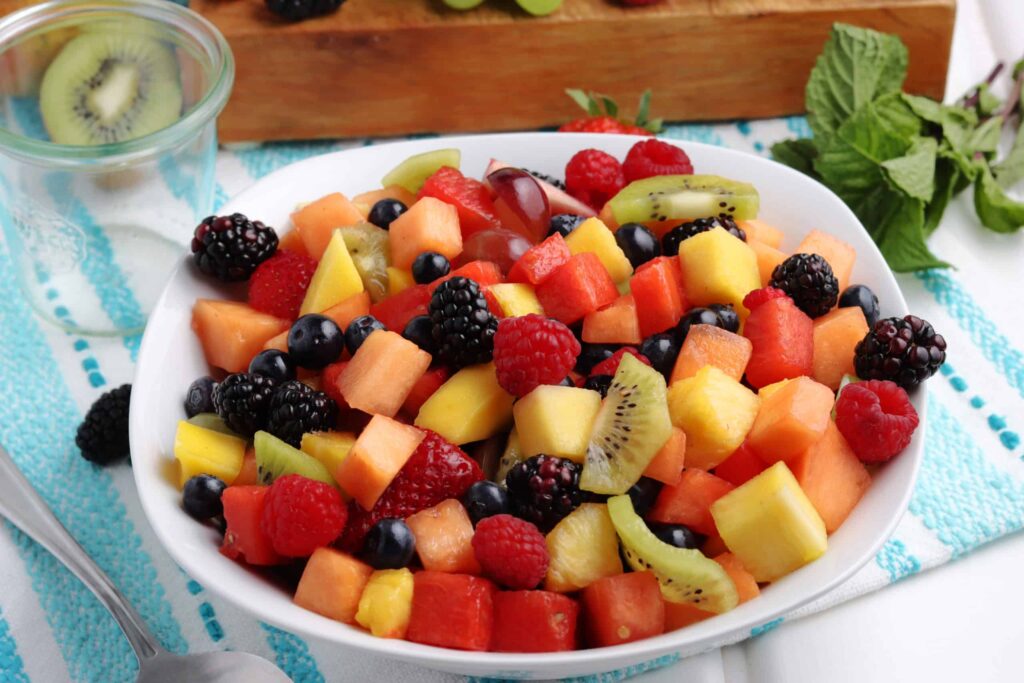

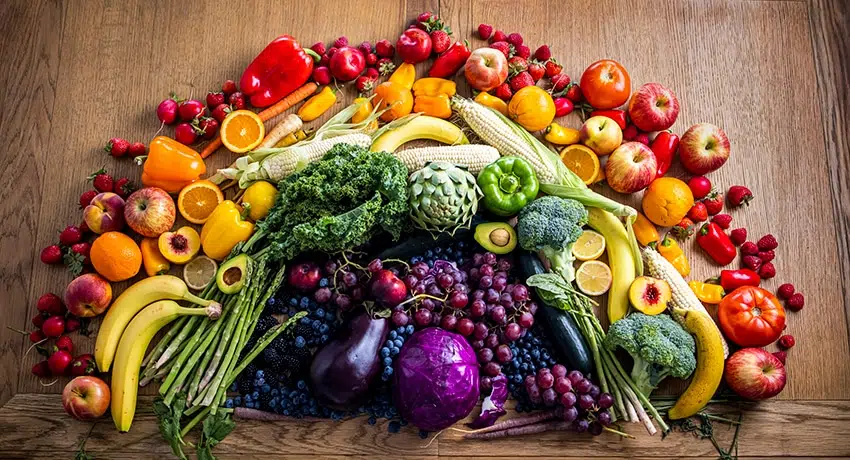
![Why Do Cucumbers Give Me Heartburn? [5 Possible Reasons]](https://fruitonix.com/wp-content/uploads/2023/08/Screenshot-2023-08-03-1.41.12-AM.png)
